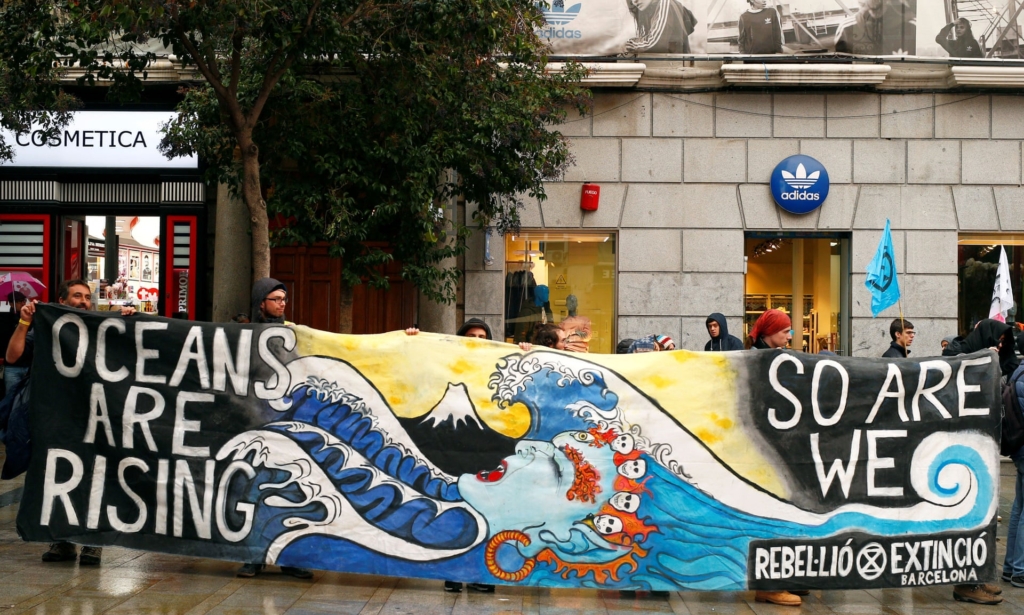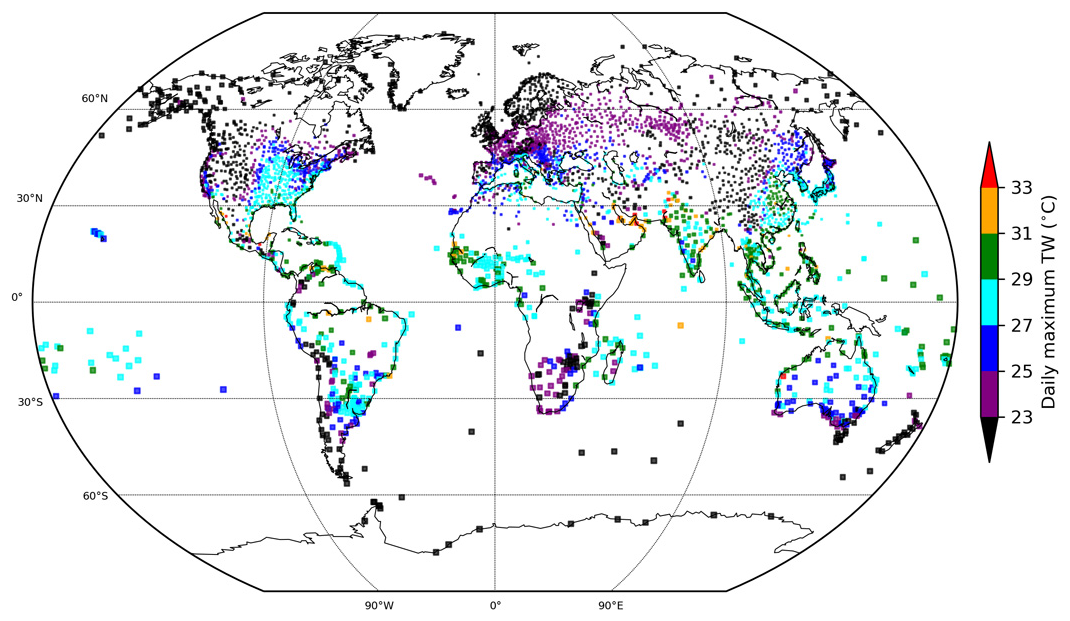UN climate talks failing to address urgency of crisis, says top scientist – “There is a risk of disappointment in the UN process because of the inability to recognise that there is an emergency”

By Fiona Harvey
8 December 2019
MADRID (The Guardian) – Urgent UN talks on tackling the climate emergency are still not addressing the true scale of the crisis, one of the world’s leading climate scientists has warned, as high-ranking ministers from governments around the world began to arrive in Madrid for the final days of negotiations.
Talks are focusing on some of the rules for implementing the 2015 Paris agreement, but the overriding issue of how fast the world needs to cut greenhouse gas emissions has received little official attention.
“We are at risk of getting so bogged down in incremental technicalities at these negotiations that we forget to see the forest for the trees,” said Johan Rockström, joint director of the Potsdam Institute for Climate Impact Research. “There is a risk of disappointment in the UN process because of the inability to recognise that there is an emergency.”
In the next few days, environment and finance ministers from more than 190 governments will begin the “high-level segment” of the UN talks, which began on 2 December, and will finish on Friday. Over the weekend, negotiators produced the latest draft of a key text on carbon markets, which still does not have the consensus needed to pass.
The stately pace of negotiations was in stark contrast with the scenes outside the conference in Madrid, where on Friday evening more than 500,000 people marched through the Spanish capital led by the Swedish school striker Greta Thunberg. Protests continued through the weekend, with Extinction Rebellion and groups from across the world. On Monday, Thunberg and other youth activists will hold meetings with officials inside the conference.
Rockström said the UN conference must grapple urgently with reversing emissions of greenhouse gases, which are still on the rise despite repeated scientific warnings over three decades and multiple resolutions by governments to tackle the problem.
“We must bend the curve next year,” he told the Guardian, citing stark warnings from the Intergovernmental Panel on Climate Change. “Next year is the year of truth. The year when we must move decisively to an economy that really starts to reduce investments in fossil fuels.” [more]
UN climate talks failing to address urgency of crisis, says top scientist



It was too late to reverse climate change years ago, by the UN’s own admission. In 1989 a senior UN environmental official said, “Governments have a 10-year window of opportunity to solve the greenhouse effect before it goes beyond human control.”
https://apnews.com/bd45c372caf118ec99964ea547880cd0